President Joe Biden, fighting calls from Democrats to withdraw from the 2024 electoral race following a disastrous display of confusion and frailty at the June presidential debate, desperately needed a win with his press conference that wrapped the NATO summit on Thursday. Biden rarely does press conferences, and its unscripted nature — similar to the debate — would make it a key comparative tool, a chance to measure the consistency of Biden’s challenges with age.
Biden’s introductory remarks projected far more strength and comprehension than the debate, but they were read from a teleprompter. Nevertheless, the president’s coughs and minor verbal flubs made an appearance.
After questions from reporters began and the scripted segment ended, there were several more stumbles. Biden confused “weeks” for “months,” among other similar mistakes, but corrected himself. Asked about Vice President Kamala Harris’ ability to lead the nation should she ascend to the top of the ticket, Biden explained, “I wouldn’t have picked Vice President Trump to be vice president, to think she wasn’t qualified to be president.” He did not appear to notice the error, nor the poor sentence structure. Later, a reporter called attention to this, saying Trump was already mocking Biden online, and asked how Biden would combat that criticism. “Listen to him,” Biden said with a grin, drawing attention to Trump’s own errors and ramblings.
Faced with a slew of questions concerning his ability to serve, Biden acknowledged “stupid mistakes” at the debate, and said he would have to pace himself while tackling a grueling schedule, but mostly responded by framing himself as a highly productive and successful president, a leader who could create a brighter future for Americans with another term, and the best candidate to beat Donald Trump. He also said, however, that if polls indicated Harris would do better against Trump, he would still remain in the race (polls suggest Harris and Biden would fare roughly the same against the Republican candidate).
Biden’s performance was, by any metric, superior to that of the debate. His responses were more on topic, he spoke with more confidence and boldness, and he concluded ideas more succinctly. At times he jumped awkwardly from idea to idea, but did not get wholly lost. He joked a bit with reporters, and leaned into the mic and whispered to emphasize various points, an engaging public speaking tactic. His demeanor while listening was most changed — gone was the befuddled face, mouth agape, from his faceoff with Trump, replaced by a knowing, bemused smile or a serious gaze.
The performance appears to have been adequate enough to not cause a new swell of opposition to Biden’s candidacy among Democrats, but not strong enough to quell the concerns and schemings to get Biden to drop out. Terms such as “purgatory” and “frozen in place” are being tossed around the media landscape, as everyone waits with bated breath to see what happens next.

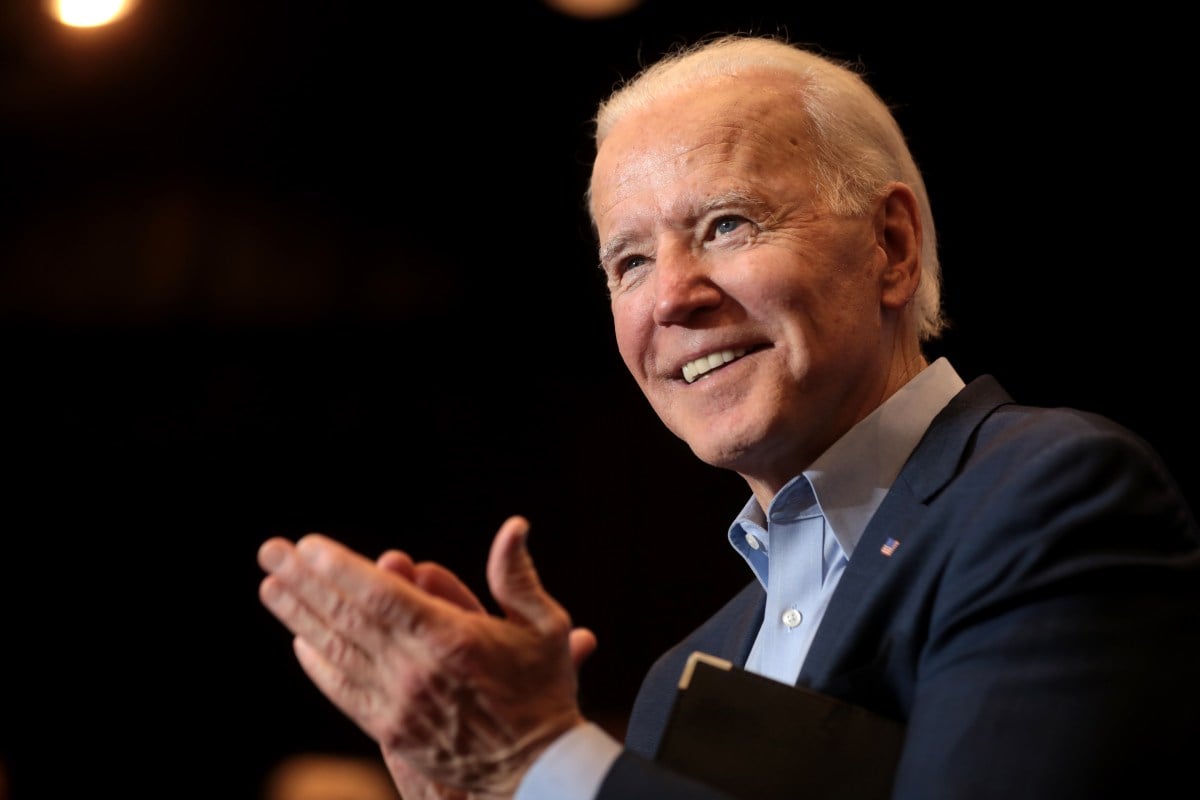
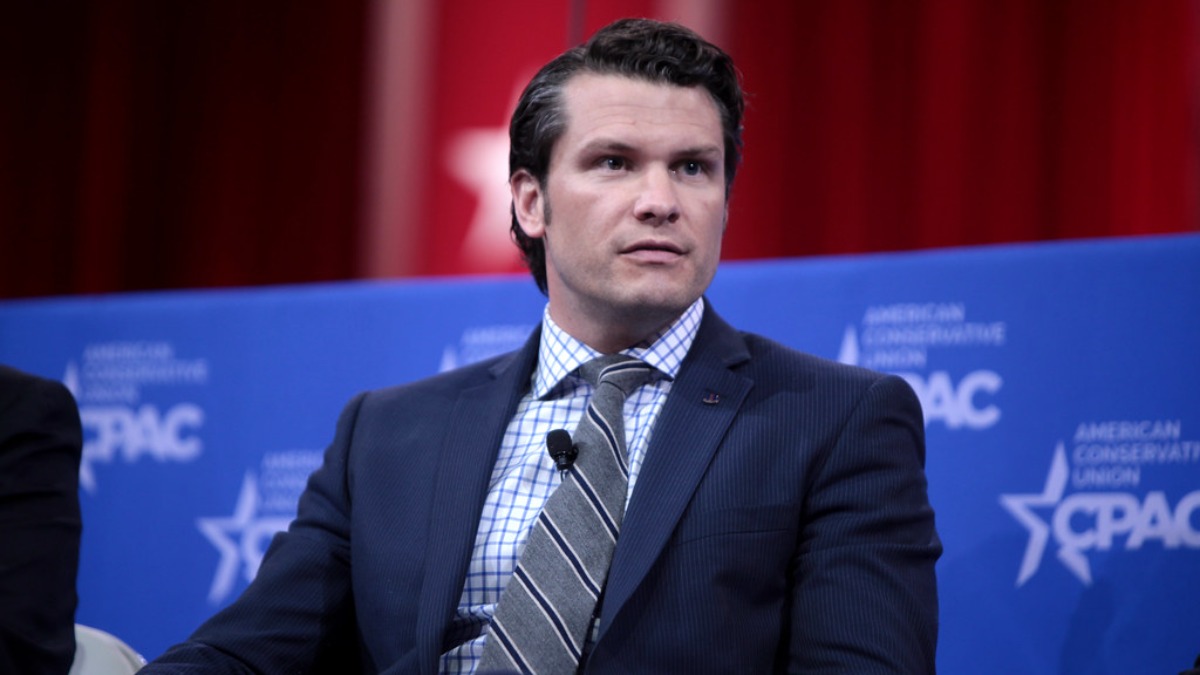
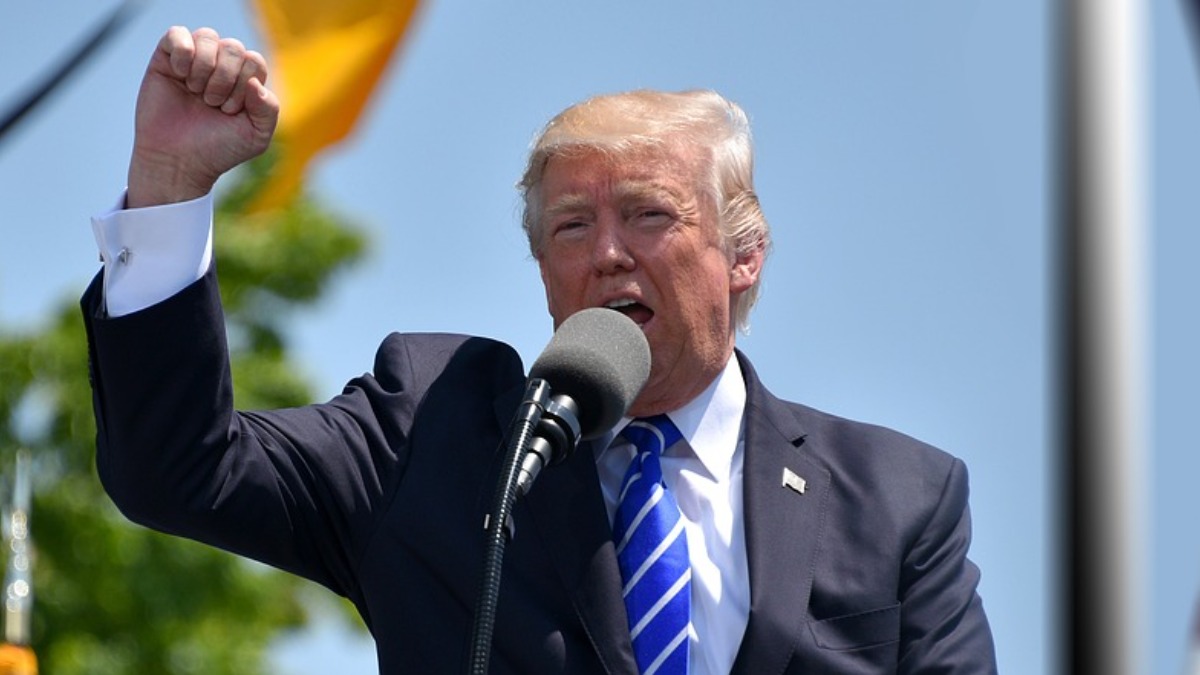

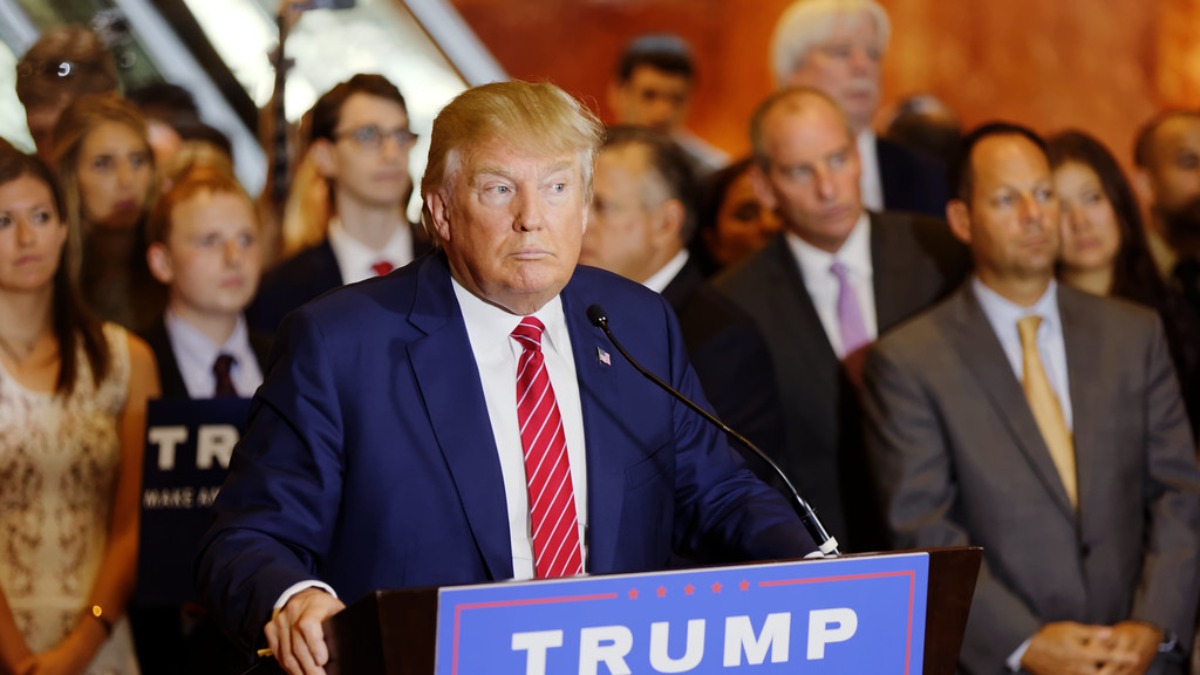
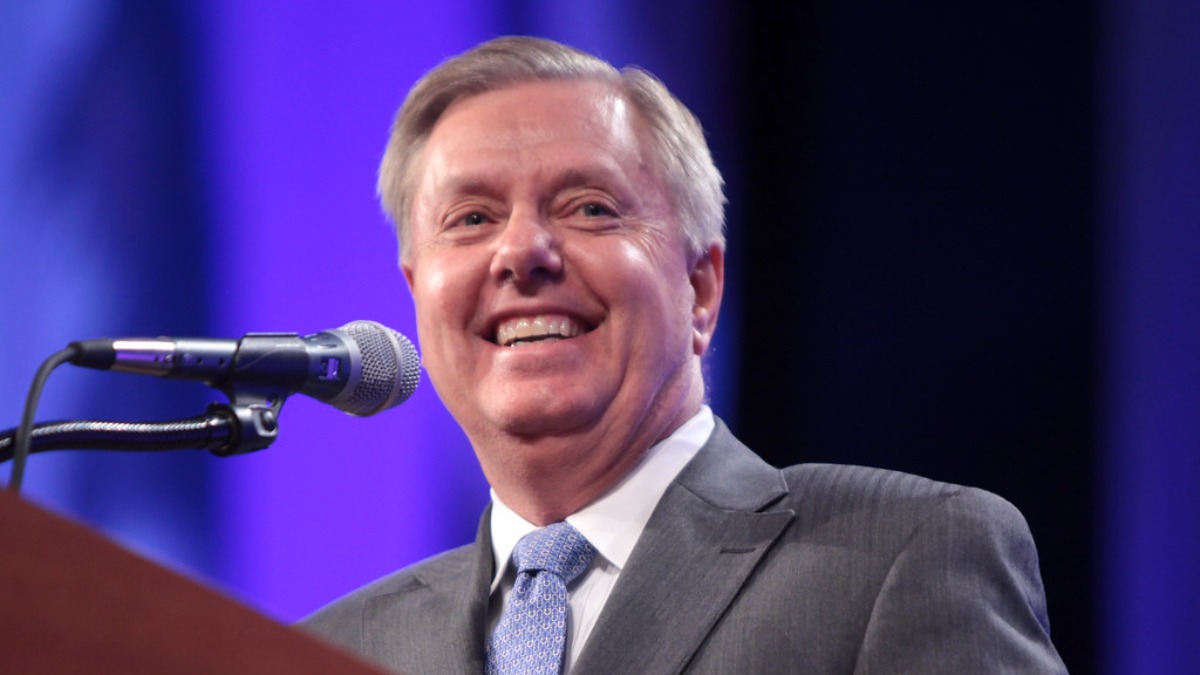

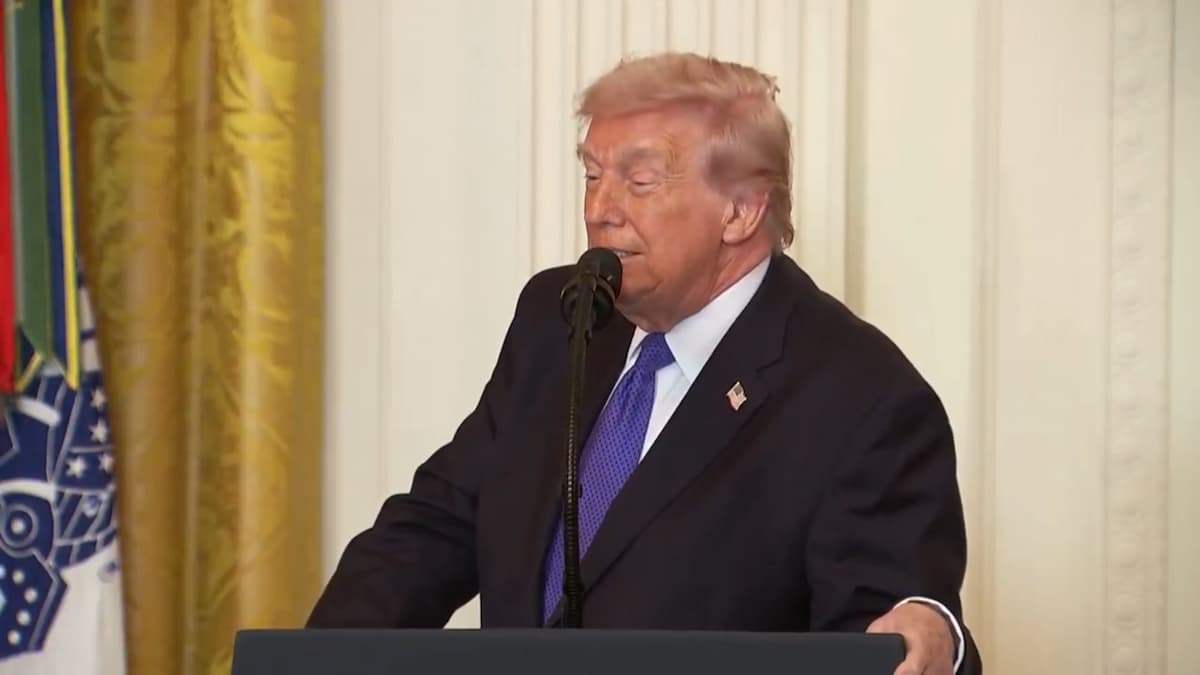
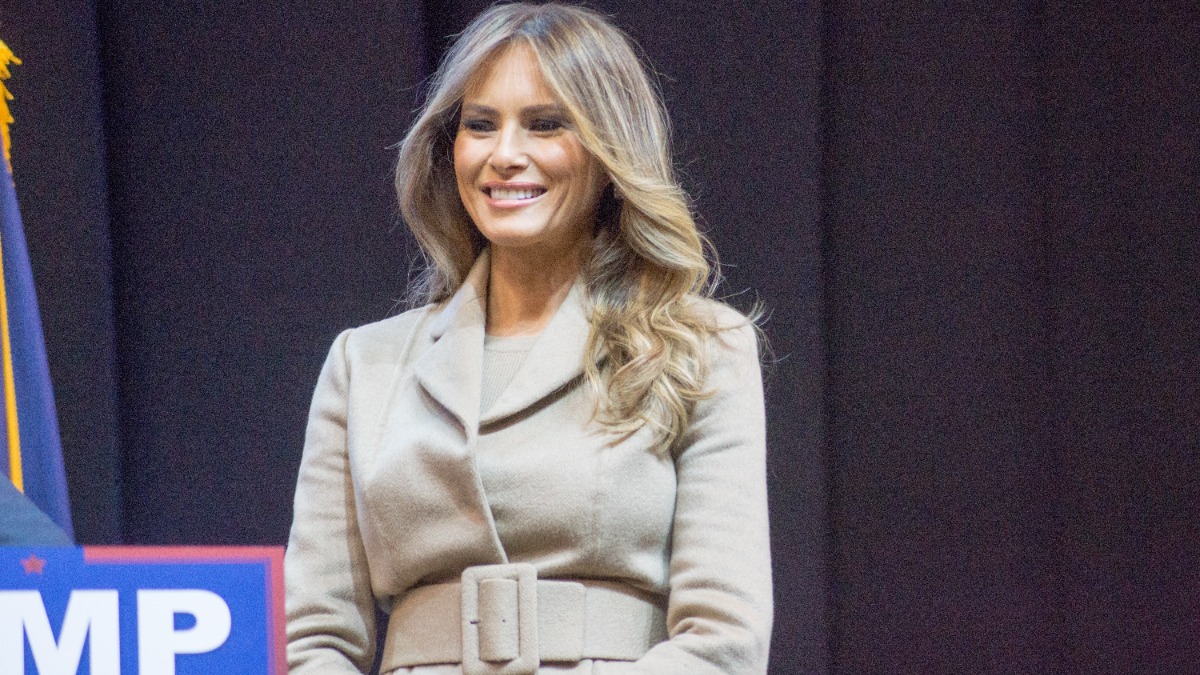
Published: Jul 12, 2024 02:50 pm